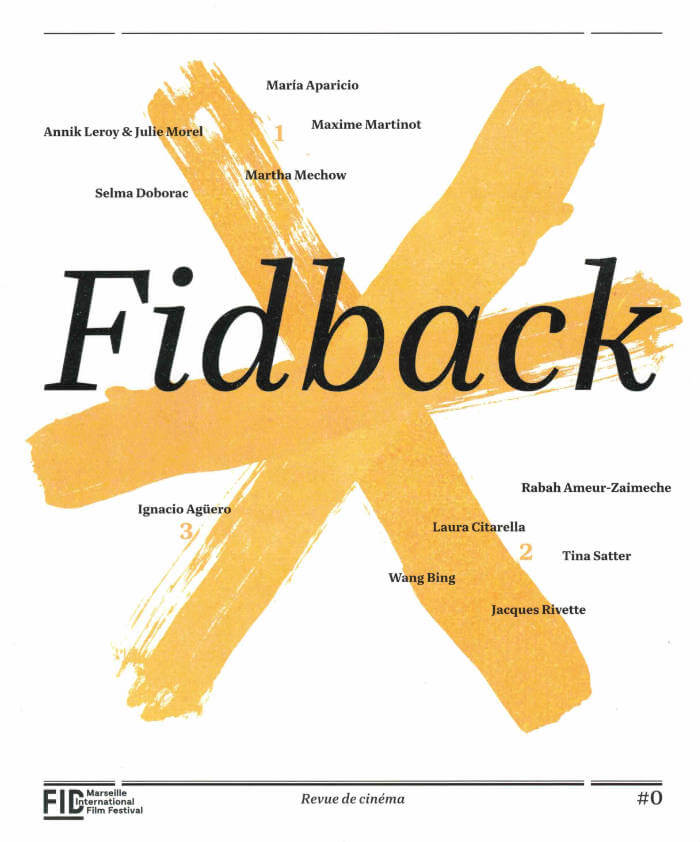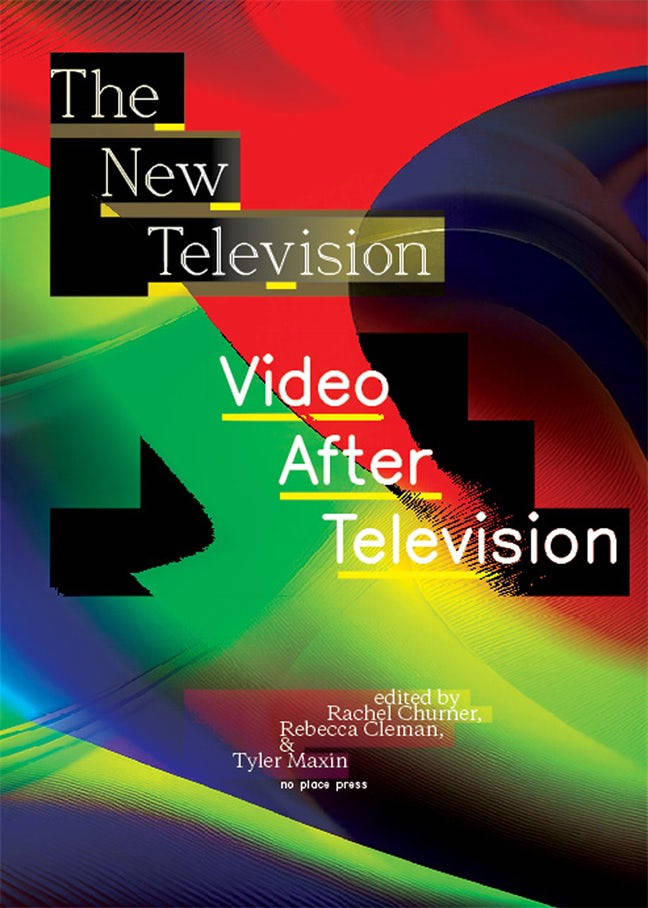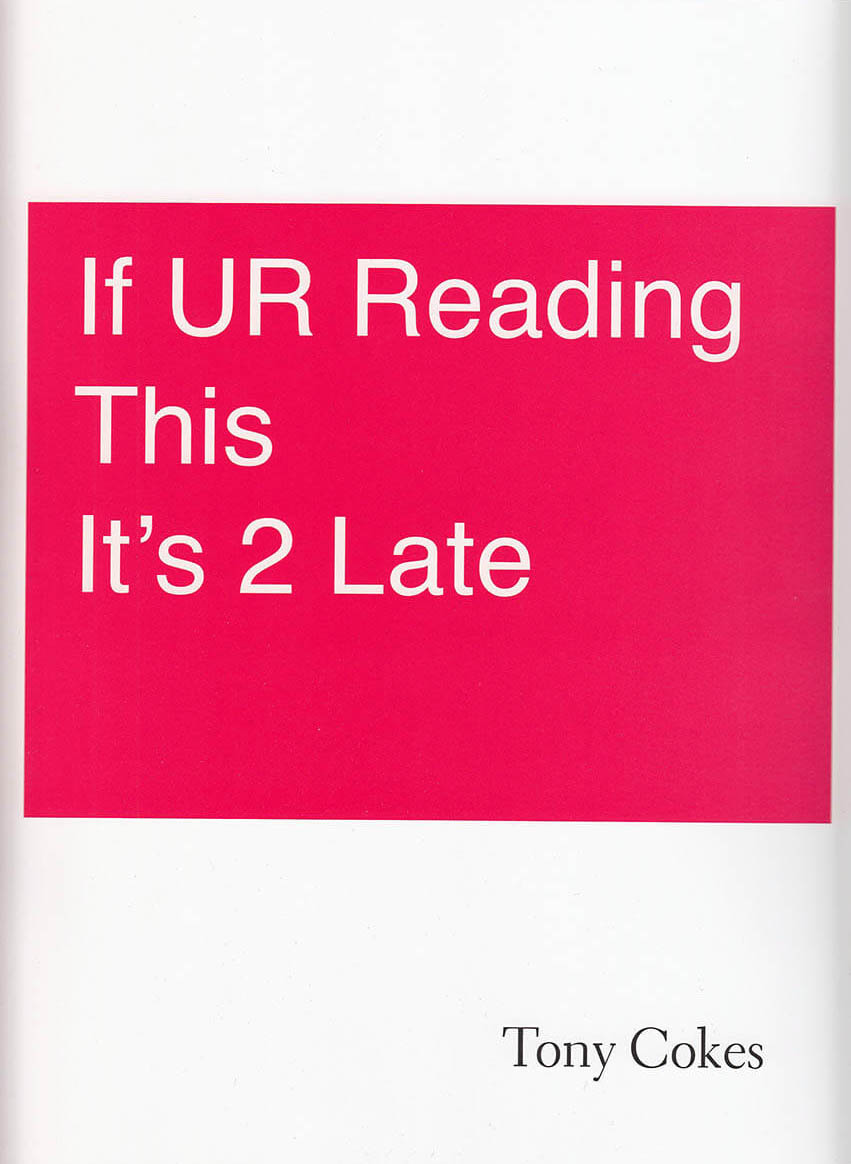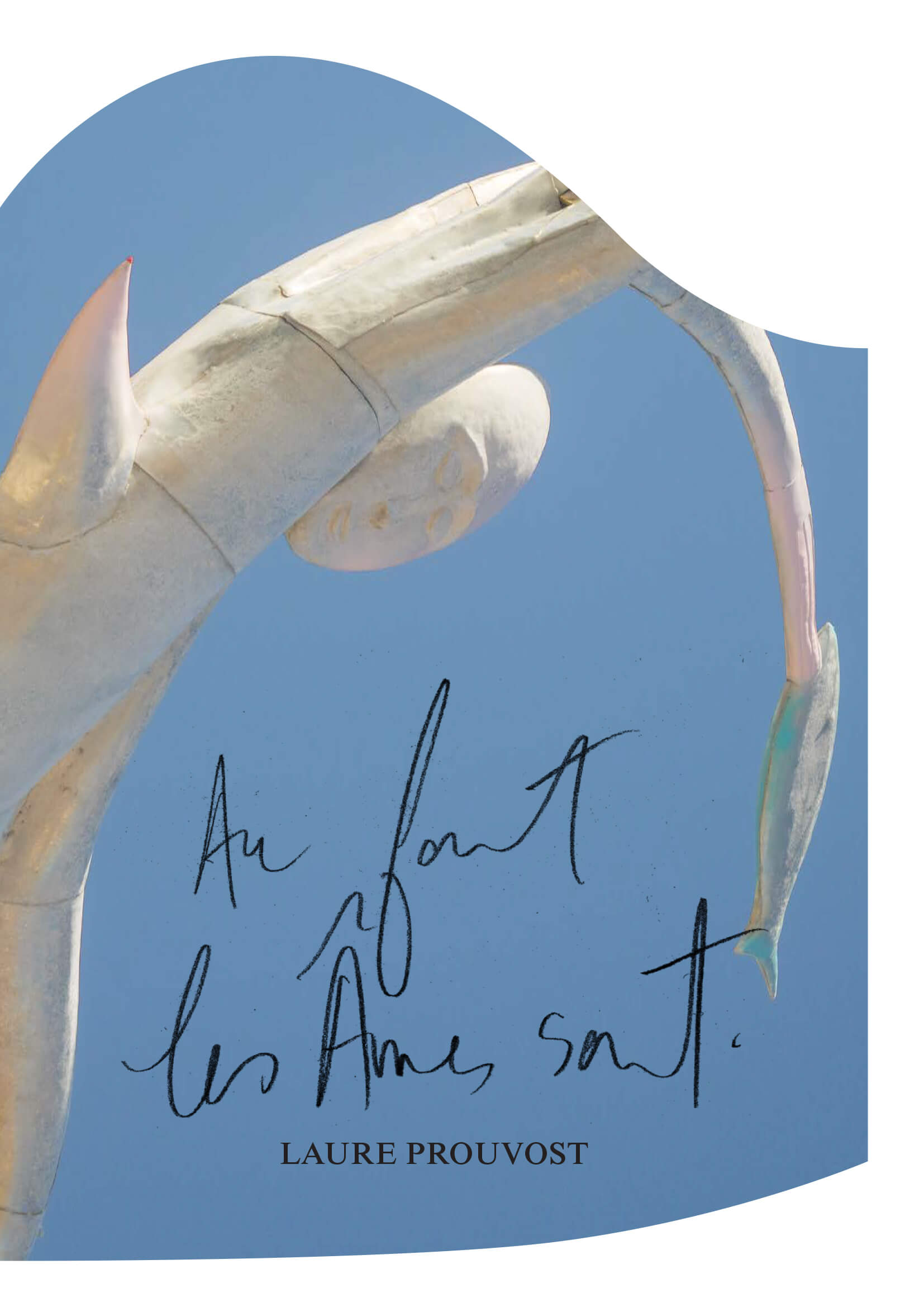
Fidback, Revue de cinéma n° 01
Tsveta Dobreva ed., Cyril Neyrat ed.
Le numéro 1 de la revue de cinéma Fidback éditée par le FIDMarseille, avec un retour sur la 35e édition du festival, un regard rétrospectif sur des films qui ont fait l'actualité mondiale du cinéma en 2024, une carte blanche à Clara Schulmann, et un portrait de l'artiste et cinéaste Declan Clarke par Alice Leroy.
Retour sur six films issus de la sélection officielle du FID, par des auteurs, critiques et écrivains de langues française et étrangères. Les textes critiques sont accompagnés d'entretiens, de documents ou de matériaux inédits. De Amsevrid, premier film magistral du cinéaste algérien Tahar Kessi, jusqu'au Tríptico de Mondongo du maestro argentin Mariano Llinás, ce bouquet de films est un condensé de l'édition 2024 du festival – une poignée de films parmi tous ceux qui auraient mérité le retour.
Le choix des huit films sur lesquels nous avons invité des auteurs et autrices à poser leur regard est en soi un geste critique. Il nous a semblé que les derniers films d'Albert Serra, Miguel Gomes, Alain Guiraudie, Jia Zhangke et Victor Iriarte méritaient plus que d'autres l'inscription dans le temps long de la revue. Films restaurés, écrits édités, rétrospective et exposition au Jeu de Paume : Chantal Akerman fut pour beaucoup, cette année, une révélation. Naked Acts, le film ressuscité de Bridgett Davis, aura marqué ceux qui ont eu la chance de le voir.
Pour sa carte blanche, Clara Schulmann a choisi le film Lucciole (2021), de Pauline Curnier Jardin. Mais son texte porte au-delà de l'œuvre, il déplace le geste critique en un récit spéculatif sur la manière dont une vie et un travail se tissent sur une trame faite de lieux, d'histoires, de personnes.
Alice Leroy est la première à faire le portrait de l'artiste et cinéaste irlandais et berlinois Declan Clarke : à prendre la mesure, à tracer les perspectives d'une œuvre majeure, bien qu'encore méconnue, du cinéma d'aujourd'hui.
Fidback est une revue de cinéma éditée par le FIDMarseille. Chaque année, elle dessine une image-constellation du cinéma aimé et défendu par le festival.







